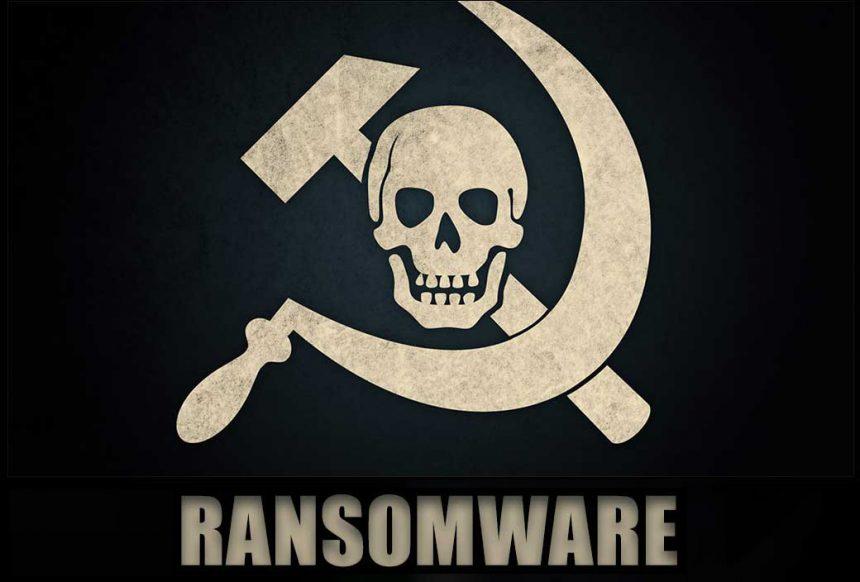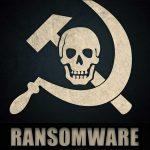Ransomware is a type of malicious software designed to deny access to a computer system or its files until a ransom is paid. This form of malware encrypts files on the victim’s computer, rendering them inaccessible, and demands payment for the decryption key. As a growing threat in the cybersecurity landscape, ransomware can inflict severe damage on both individuals and organizations. One such ransomware variant is Cicada 3301.
Cicada 3301 Ransomware: An Overview
Cicada 3301 ransomware is a particularly insidious form of malware that has gained notoriety for its sophisticated encryption techniques and demanding ransom schemes. Once installed, Cicada 3301 begins its attack by encrypting files on the infected system. Typically, this ransomware uses the file extension .cicada to mark encrypted files, making them inaccessible to the user.
How Cicada 3301 Ransomware Functions
Cicada 3301 infiltrates systems primarily through malicious email attachments, software vulnerabilities, or compromised websites. Once executed, the ransomware encrypts files using advanced encryption algorithms, making them unreadable without the decryption key. The encrypted files are often appended with the .cicada extension.
After the encryption process, Cicada 3301 leaves behind a ransom note in the form of a text file or a pop-up window. This note provides detailed instructions on how to pay the ransom, usually in cryptocurrency, to receive the decryption key. The note may also threaten to permanently delete the encrypted files if the ransom is not paid within a specified time frame.
Symptoms of Cicada 3301 Ransomware Infection
Victims of Cicada 3301 ransomware typically notice several symptoms:
- Inaccessibility of Files: Files with the
.cicadaextension become unreadable. - Ransom Note: A text file or pop-up window appears, detailing payment instructions.
- System Slowdown: The computer may experience performance issues as the ransomware encrypts files.
Detection and Similar Threats
To determine if Cicada 3301 is affecting your system, look for the following detection names:
- Cicada 3301 Ransomware
- Cicada Virus
- Cicada Crypt
Similar ransomware threats include:
- WannaCry: Known for its widespread impact and use of exploit kits.
- Petya: Notorious for its file-encrypting capabilities and system-locking features.
- Ryuk: Targets organizations and demands high ransoms.
Comprehensive Removal Guide for Cicada 3301 Ransomware
- Enter Safe Mode: Restart your computer and enter Safe Mode by pressing
F8orShift + F8during startup. This prevents the ransomware from running. - Use Anti-Malware Software: Download and install a reputable anti-malware tool such as SpyHunter. Perform a full system scan to detect and remove Cicada 3301 ransomware.
- Delete Ransomware Files: Locate and delete any files associated with Cicada 3301. This may include files with the
.cicadaextension and the ransom note. - Restore Files: If you have backups of your files, restore them from a clean source. Avoid using any backups that may have been infected.
- Change Passwords: Update all passwords for online accounts, especially if they were stored or used on the infected system.
- Update Software: Ensure that your operating system and all applications are up-to-date with the latest security patches.
Preventing Future Ransomware Attacks
To safeguard against future ransomware attacks:
- Regular Backups: Maintain regular backups of important files, and ensure they are stored securely offline.
- Antivirus Software: Keep your antivirus software up-to-date and perform regular scans.
- Safe Browsing Habits: Avoid clicking on suspicious links or downloading attachments from unknown sources.
Download SpyHunter Today!
For comprehensive protection and removal of ransomware like Cicada 3301, we recommend downloading SpyHunter. It offers a free scan to detect malware on your computer and helps ensure your system is secure.
Text Presented in the Cicada 3301 Ransomware Message
*************************************
*** Welcome to Cicada3301 ***
*************************************
** What Happened? **
———————————————-
Your computers and servers are encrypted, your backups are deleted.
We use strong encryption algorithms, so you won’t be able to decrypt your data.
You can recover everything by purchasing a special data recovery program from us.
This program will restore your entire network.
** Data Leak **
———————————————-
We have downloaded more than 1500 GB of your company data.
Contact us, or we will be forced to publish all your data on the Internet
and send it to all regulatory authorities in your country, as well as to your customers, partners, and competitors.
We are ready to:
– Provide you with proof that the data has been stolen;
– Delete all stolen data;
– Help you rebuild your infrastructure and prevent similar attacks in the future;
** What Guarantees? **
———————————————-
Our reputation is of paramount importance to us.
Failure to fulfill our obligations means not working with you, which is against our interests.
Rest assured, our decryption tools have been thoroughly tested and are guaranteed to unlock your data.
Should any problems arise, we are here to support you. As a goodwill gesture,
we are willing to decrypt one file for free.
** How to Contact us? **
———————————————-
Using TOR Browser:
1) You can download and install the TOR browser from this site: hxxps://torproject.org/
2) Open our website:
–
WARNING: DO NOT MODIFY or attempt to restore any files on your own. This can lead to their permanent loss.





